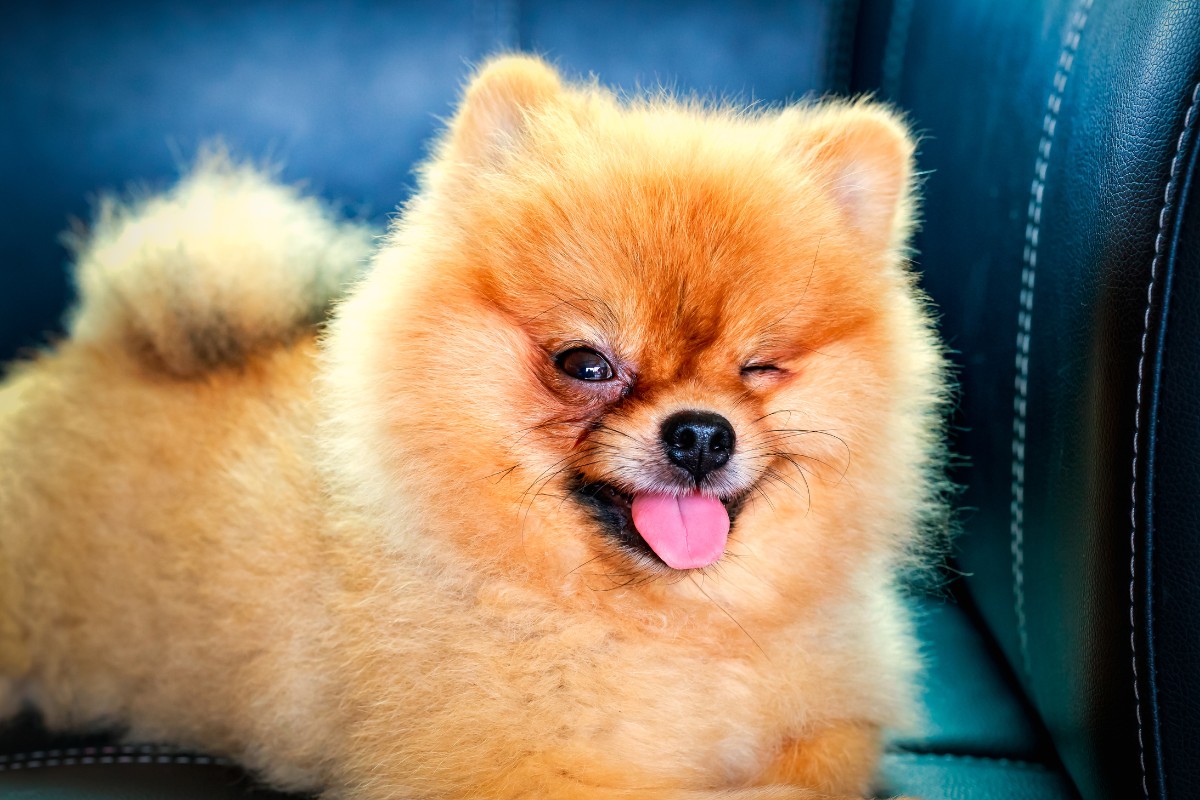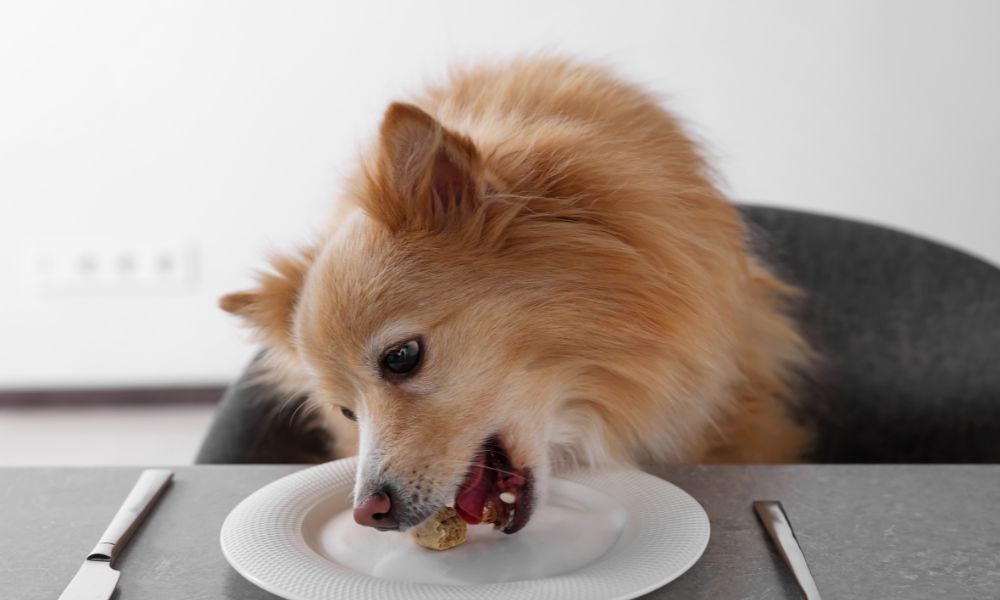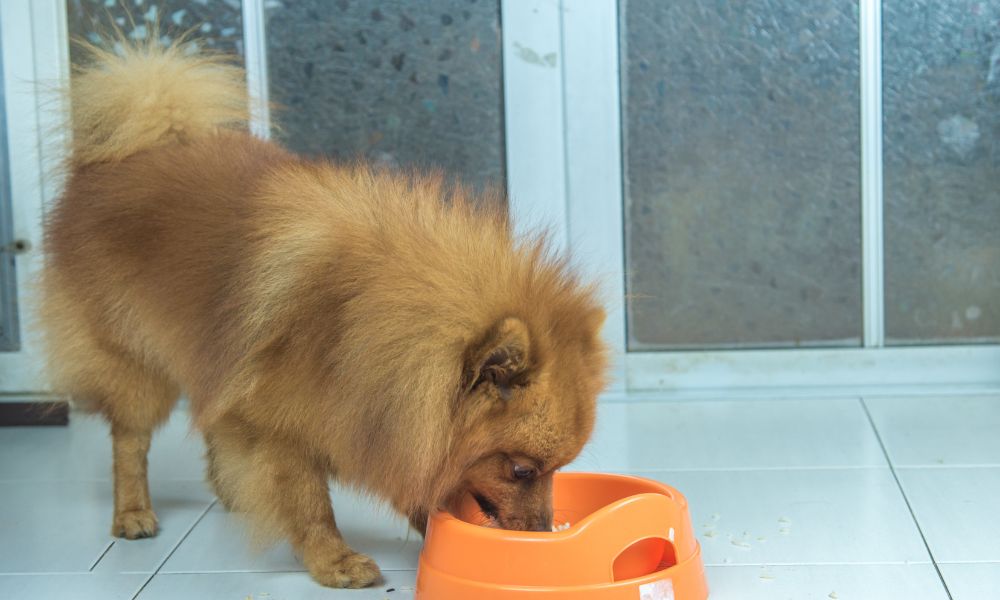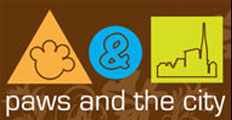 10 Nov
10 NovCan Pomeranian Eat Potato?
As a seasoned dog parent and an enthusiastic writer on canine topics, I often encounter questions about what is safe for our furry companions to eat. One common query that pops up in Pomeranian circles is about the safety of potatoes in their diet.
Yes, Pomeranians can eat potatoes, but it’s essential to serve them correctly. Potatoes must be cooked thoroughly and served plain, without any added salt, spices, or oils. Raw potatoes, particularly green ones, contain solanine, a compound that can be toxic to dogs.
Therefore, always ensure the potatoes are fully cooked to eliminate this risk. Moderation is key when adding potatoes to a Pomeranian’s diet, as excessive carbohydrate intake can lead to weight gain and other health issues. Always consult your veterinarian before introducing new foods to your Pomeranian’s diet to ensure it aligns with their specific health needs.
Pomeranians, with their spirited charm and fluffy appearance, have unique dietary needs that every responsible pet owner should be aware of. Today, we’re focusing on a straightforward yet crucial question: Can Pomeranians safely eat potatoes? This article aims to shed light on this topic, providing clear and professional advice to ensure the health and happiness of your beloved Pomeranian.

Benefits and Risks of Feeding Potatoes to Pomeranians
Incorporating potatoes into a Pomeranian’s diet can offer some health benefits, but it’s important to be aware of potential risks and considerations. Understanding these will help you make informed decisions about your Pomeranian’s dietary needs.
Potential Health Benefits of Potatoes for Dogs
- Energy Source: Potatoes are rich in carbohydrates, providing a valuable source of energy, especially for active dogs.
- Fiber Content: The dietary fiber in potatoes aids in digestion and helps maintain a healthy gut.
- Vitamins and Minerals: Potatoes are a good source of vitamins, such as vitamin C and B6, which are important for immune health and nerve function. They also contain essential minerals like potassium and magnesium.
- Low Fat: Potatoes are naturally low in fat, making them a suitable food option for dogs on a low-fat diet.
Risks and Considerations
- Preparation Method: Potatoes should always be cooked (boiled or baked) without any added salt, butter, or seasonings. Raw potatoes, especially green ones, contain solanine, a toxin harmful to dogs.
- Quantity and Frequency: Given their high carbohydrate content, potatoes should be fed in moderation to avoid weight gain. They are not a substitute for a balanced dog diet but can be an occasional supplement.
- Allergic Reactions: While rare, some dogs may be allergic to potatoes. Observe your Pomeranian for any signs of an allergic reaction, such as itching or gastrointestinal upset.
- Underlying Health Issues: For Pomeranians with certain health conditions, like diabetes or obesity, consult your vet before introducing potatoes to their diet, as the high carbohydrate content can impact these conditions.
Safe Ways to Include Potatoes in Your Pomeranian’s Diet
Incorporating potatoes into your Pomeranian’s diet can be beneficial when done correctly. Here’s how to safely prepare and serve potatoes, along with guidelines on portion sizes and frequency.
Preparing Potatoes Safely
- Choose the Right Potatoes: Opt for fresh, firm potatoes. Avoid green potatoes as they contain higher levels of solanine, which is toxic to dogs.
- Cooking Method: Potatoes must be thoroughly cooked to break down the solanine. Boiling or baking are the best methods. Avoid frying or adding unhealthy fats and seasonings.
- Serving Them Plain: Once cooked, the potatoes should be served plain, without any added salt, butter, spices, or toppings that could be harmful to your Pomeranian.
Recommended Portion Sizes and Frequency
- Portion Size: The portion size depends on your Pomeranian’s size, age, and overall health. As a general guideline, a small amount, like a few small pieces or a tablespoon of mashed potato, is sufficient.
- Frequency: Potatoes should be an occasional treat, not a regular part of the daily diet. Integrating them once or twice a week is usually safe, but this can vary based on your dog’s dietary needs and health condition.

Additional Tips
- Monitor for Allergies: Keep an eye out for any signs of allergic reactions or digestive issues after your Pomeranian consumes potatoes.
- Balance the Diet: Ensure that potatoes are only a small part of a well-rounded diet that meets all your Pomeranian’s nutritional needs.
- Consult Your Veterinarian: Before introducing potatoes or any new food into your Pomeranian’s diet, it’s always best to consult with your veterinarian, especially if your dog has specific health concerns.
Alternatives to Potatoes for Pomeranians
While potatoes can be a nutritious treat for Pomeranians, it’s important to have a variety of food options to ensure a balanced diet. Here are some safe and healthy alternatives to potatoes that you can consider for your Pomeranian.
Safe and Healthy Food Alternatives
- Carrots: Low in calories and high in fiber and vitamins, carrots are a great crunchy treat. Serve them raw or cooked, but always cut them into small, manageable pieces.
- Green Beans: Rich in fiber and low in calories, green beans are a healthy snack. Ensure they are plain and cooked without any added seasonings or oils.
- Apples: Apples (without seeds or core) are a good source of vitamins A and C, as well as fiber. They should be served in moderation due to their sugar content.
- Pumpkin: Plain, cooked pumpkin (not pumpkin pie filling) is excellent for digestion and adds beneficial fiber and vitamins to your Pomeranian’s diet.
- Blueberries: These are antioxidant-rich and can be given as a sweet, low-calorie treat. Always serve in moderation due to their natural sugars.
Importance of a Balanced Diet
- A balanced diet is crucial for maintaining your Pomeranian’s health. It ensures they get the necessary mix of proteins, fats, carbohydrates, vitamins, and minerals.
- Variety not only adds interest to their meals but also helps to provide a range of nutrients.
- Treats, including the alternatives listed above, should only make up a small portion of your Pomeranian’s diet. The primary diet should be high-quality dog food appropriate for their age, size, and activity level.
- Always introduce new foods gradually and in small amounts to avoid gastrointestinal upset.
- It’s important to consult with your veterinarian before making any significant changes to your dog’s diet, especially if your Pomeranian has specific health needs or dietary restrictions.
In summary, offering a variety of healthy foods like carrots, green beans, apples, pumpkin, and blueberries can provide valuable nutrients and keep mealtime exciting for your Pomeranian. Remember, these should be given in moderation and as part of a balanced diet tailored to your dog’s specific needs.




